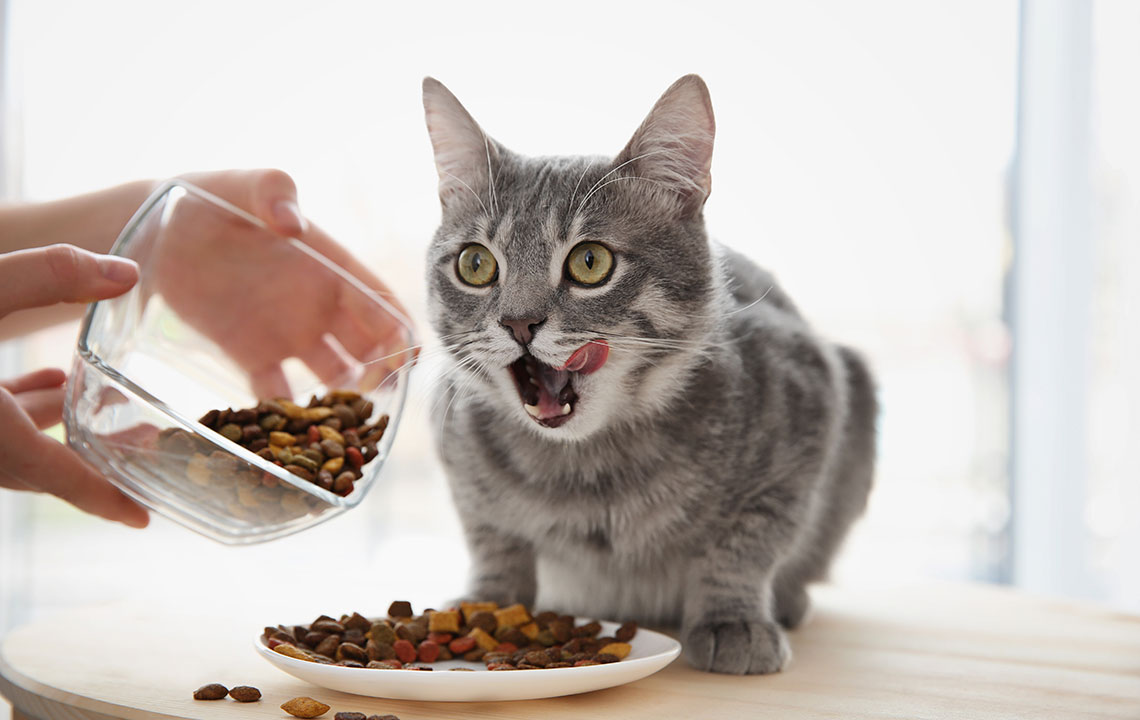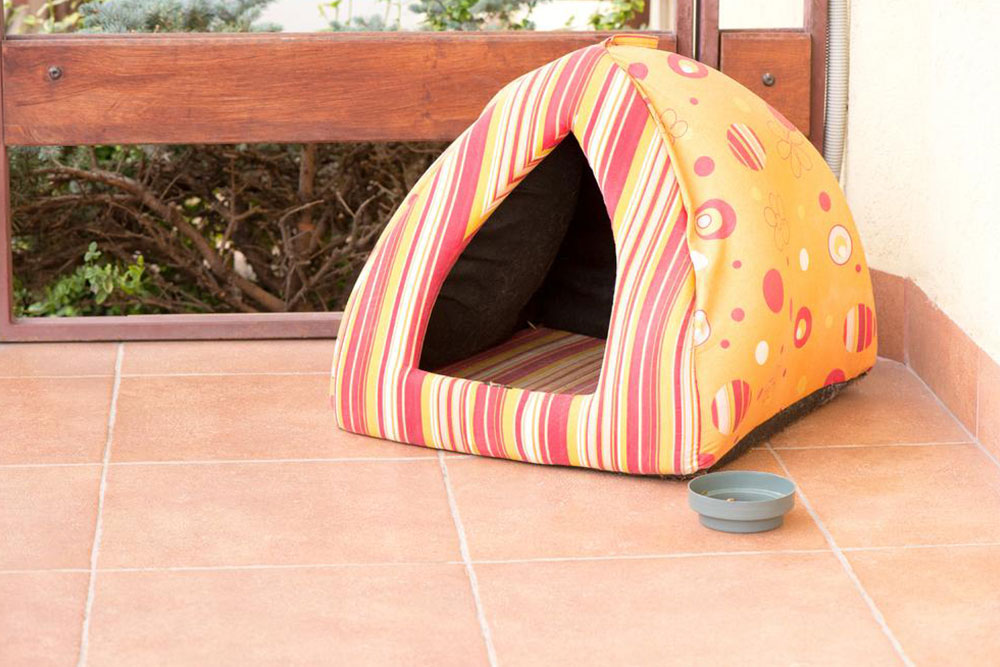Selecting Optimal Nutrition for Cats with Sensitive Skin
Discover how to support your cat with sensitive skin through tailored nutrition and proper care. Learn about the causes, signs, and essential nutrients that promote healthier skin and overall well-being. Consult your veterinarian for personalized advice and choose the best formulated foods to keep your feline comfortable and healthy.

Selecting Optimal Nutrition for Cats with Sensitive Skin
Ensuring your feline friend stays healthy and lively is a top priority for every owner. Nothing compares to the joy of petting their soft, glossy coat. However, some cats develop sensitive skin, which, if overlooked, can lead to discomfort and additional health issues. Skin reactivity can stem from allergies, hormonal fluctuations, genetics, infections, or parasitic infestations. Exposure to dust, mold, and pollen over time can also contribute to skin problems. Addressing these challenges with specialized diets can significantly improve your cat’s condition.
Common causes include mites, lice, fleas, and other parasites that cause irritation. Hormonal imbalances and bacterial infections may also aggravate skin sensitivities. Feeding your cat foods designed for sensitive skin provides essential support. Here are key factors to consider before choosing the right formulation for your pet.
To identify if your cat has sensitive skin, observe its coat—look for smoothness, softness, and absence of flakes. Signs of sensitivity include redness, irritation, patches, pimples, dark spots, scabs, thickened skin, and hair loss. Frequently scratching, licking, and paw-rubbing are common indicators that warrant attention.
Key steps to take include:
Inspect for parasites: Examine your cat’s coat thoroughly for fleas, mites, or ticks. Proper treatment is essential to prevent worsening skin issues.
Seek veterinary advice: If you notice symptoms, consult a vet for accurate diagnosis. Underlying causes may be more serious, and professional guidance ensures suitable treatment and dietary recommendations.
Importance of Specialized Diets for Cats with Sensitive Skin: The right nutrition plays a vital role in maintaining overall health and alleviating skin problems. High-quality, specially formulated foods help promote healthy skin by reducing sensitivity triggers. Consulting your vet helps choose the most appropriate diet tailored to your cat’s needs.
Nutrients Essential for Cats with Sensitive Skin: Managing sensitive skin is often a lifelong journey. Incorporating the right nutrients into your cat’s diet can make a significant difference. Key elements include:
Omega fatty acids: Omega-3 and Omega-6 fatty acids, found in fish oils, help nourish the skin, reduce inflammation, and prevent dryness related to sensitivities.
Proteins: High-quality proteins like duck and venison support skin repair and strength while minimizing allergic reactions and ingredient intolerance.
Antioxidants and Vitamin E: These boost your cat’s immune system, helping keep skin conditions and sensitivities under control.
Combining these nutrients effectively supports your cat’s skin health. Your veterinarian can recommend additional supplements to further personalize the diet.










